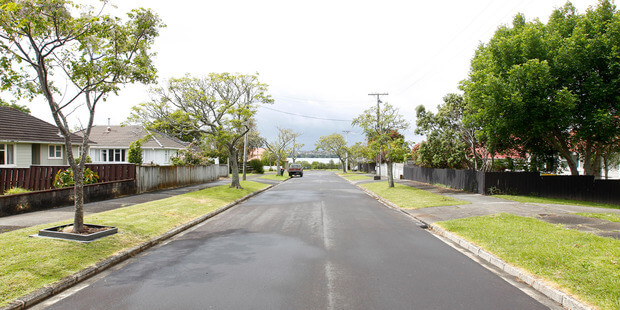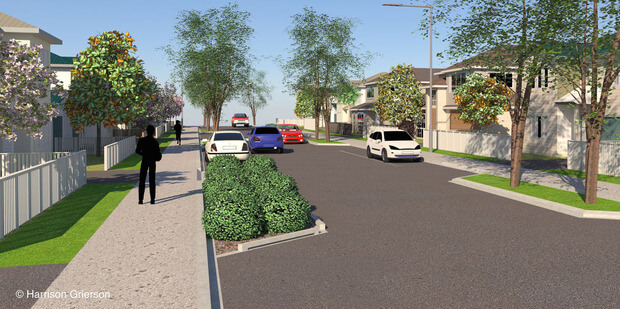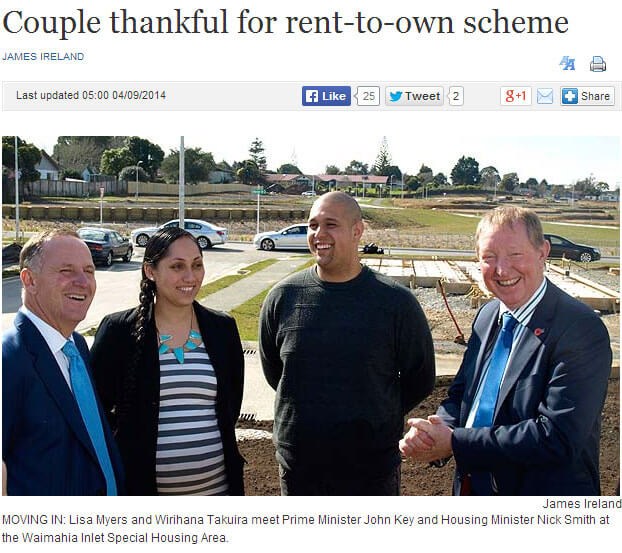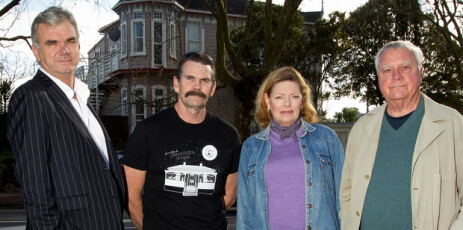I read this article with interest because once again I see Waimahia Inlet in Weymouth mentioned. Simon Collins highlights the Government frustration at the slow pace of building affordable housing despite the creation of the special housing areas however I don’t believe that he, like many, understands the development process and the issues surrounding the provision of housing.
He draws the link between the Government’s financial support for Weymouth and it’s success and while cash certainly helps it frequently isn’t the only issue to be resolved and quite often makes the affordability equation worse rather than better. Waimahia benefited from being a block of land surrounded by developed housing. All of the necessary infrastructure was in place and there was little impediment to delivery by comparison to most land. It also had one of the best delivery teams in place that we have had the pleasure of working with. From Client through Council, Consultants and Contractors everyone was committed to the project from the outset and issues were dealt with speedily and effectively.
The Special Housing Area concept, while not perfect, is a good initiative and more housing will result including a component of affordable housing for first home buyers. However bringing large tracts of land to market from a standing start is not an easy process and takes more time than most people understand. Each area has unique features and challenges that need to be investigated and understood before solutions can be derived, if solutions can be derived at all. There may be large scale flood issues, geotechnical constraints, infrastructure constraints, etc. to overcome all of which can be show stoppers in development terms. Most of the “easy” land in Auckland has been developed and vacant land that sits idle often does so because it has never made commercial sense to develop it because of serious issues. The Special Housing Area legislation doesn’t fix physical issues, it just provides a fast track mechanism for zoning of land and consenting.
Another issue which commonly causes delays in the larger Special Housing Areas is fragmented land holdings and the need to get many owners to pull together and work in the same direction. This is being done successfully in many areas but it takes a significant amount of time and energy to get this buy in from land owners if this can be done at all. Simon Collins makes the point that residents haven’t been included in the process and is suggesting that this is the lesson that still needs to be learnt. However in the context of delivering more housing this I’m afraid that consulting with and trying to keep, everyone happy is the issues holding us back in many cases. It is human nature to look after one’s own interests and unfortunately in the land development process there are blocks of land that will always be disadvantaged by the greater need and the owners of land affected by collector roads, stormwater treatment ponds, pump stations, parks, ecological corridors, etc. often object to and delay the process.
I pulled two key themes from Simon’s article, more money needs to be thrown at the problem which I agree with if it is targeted and spent wisely however the second theme being the inclusion of more consultation is exactly what is holding us back from delivering more housing quickly in my view. The process allows far too many people with no skin in the game to drive personal agendas, delaying zoning, consents and construction with severe financial consequences for us all.






